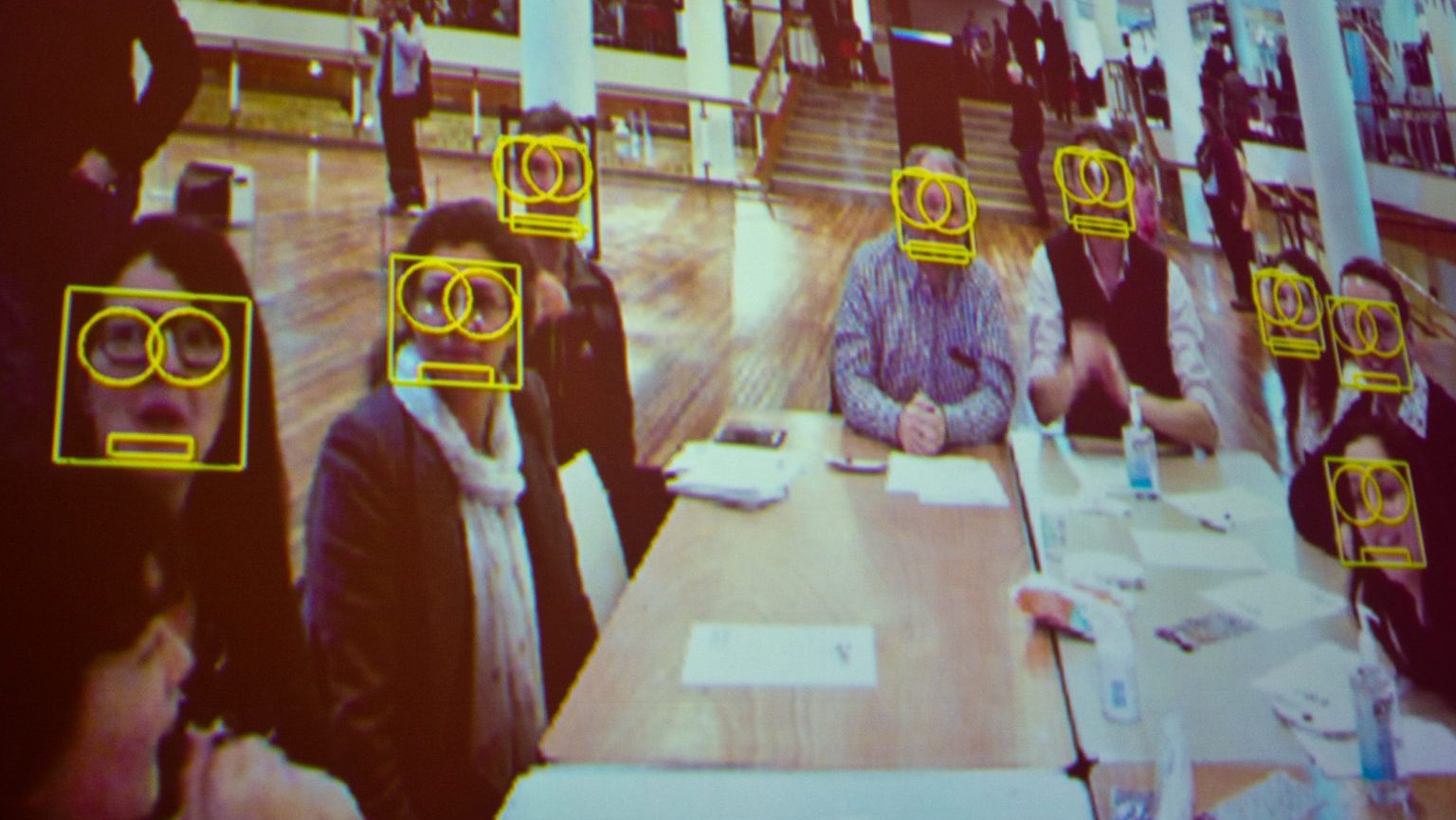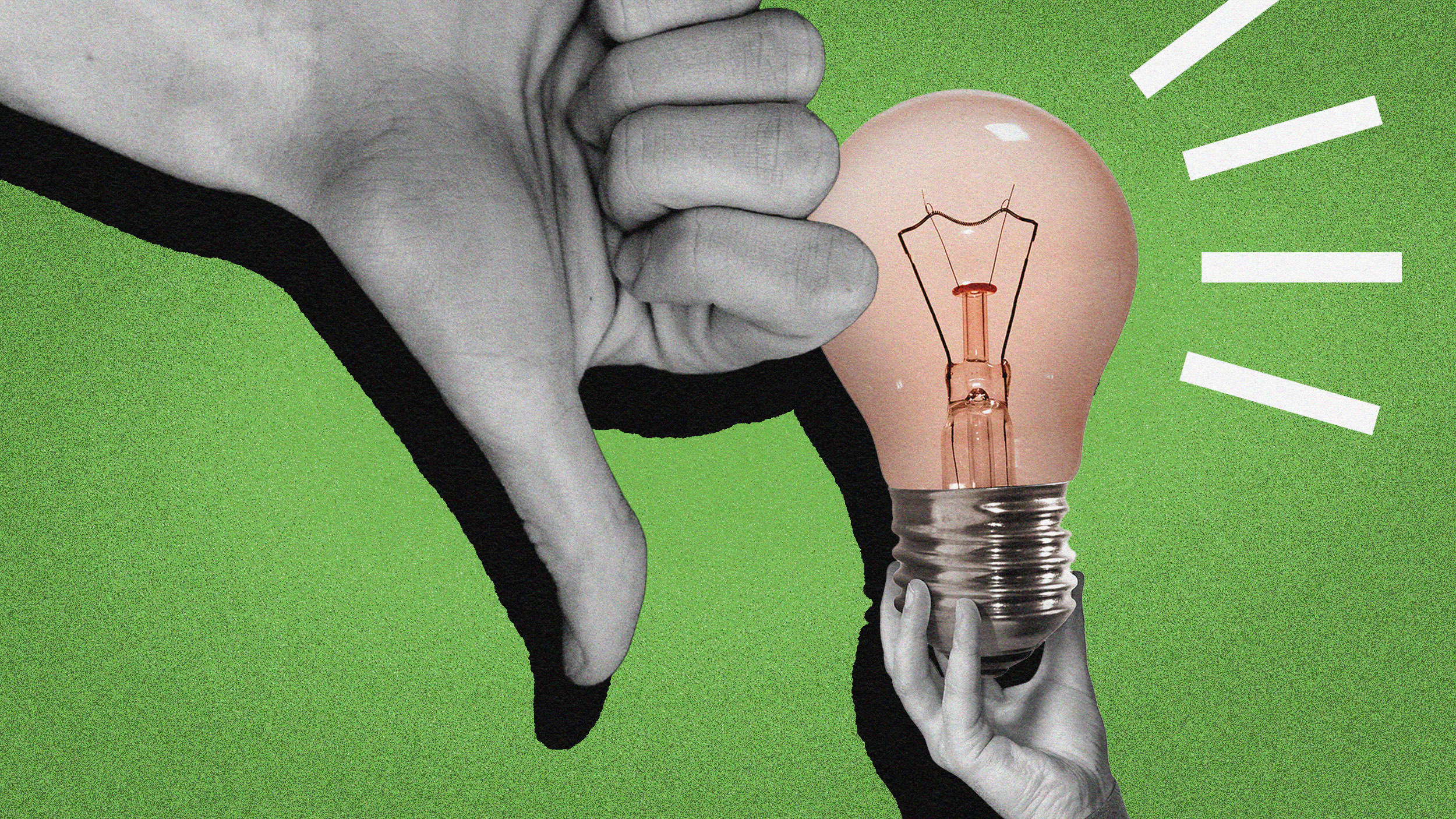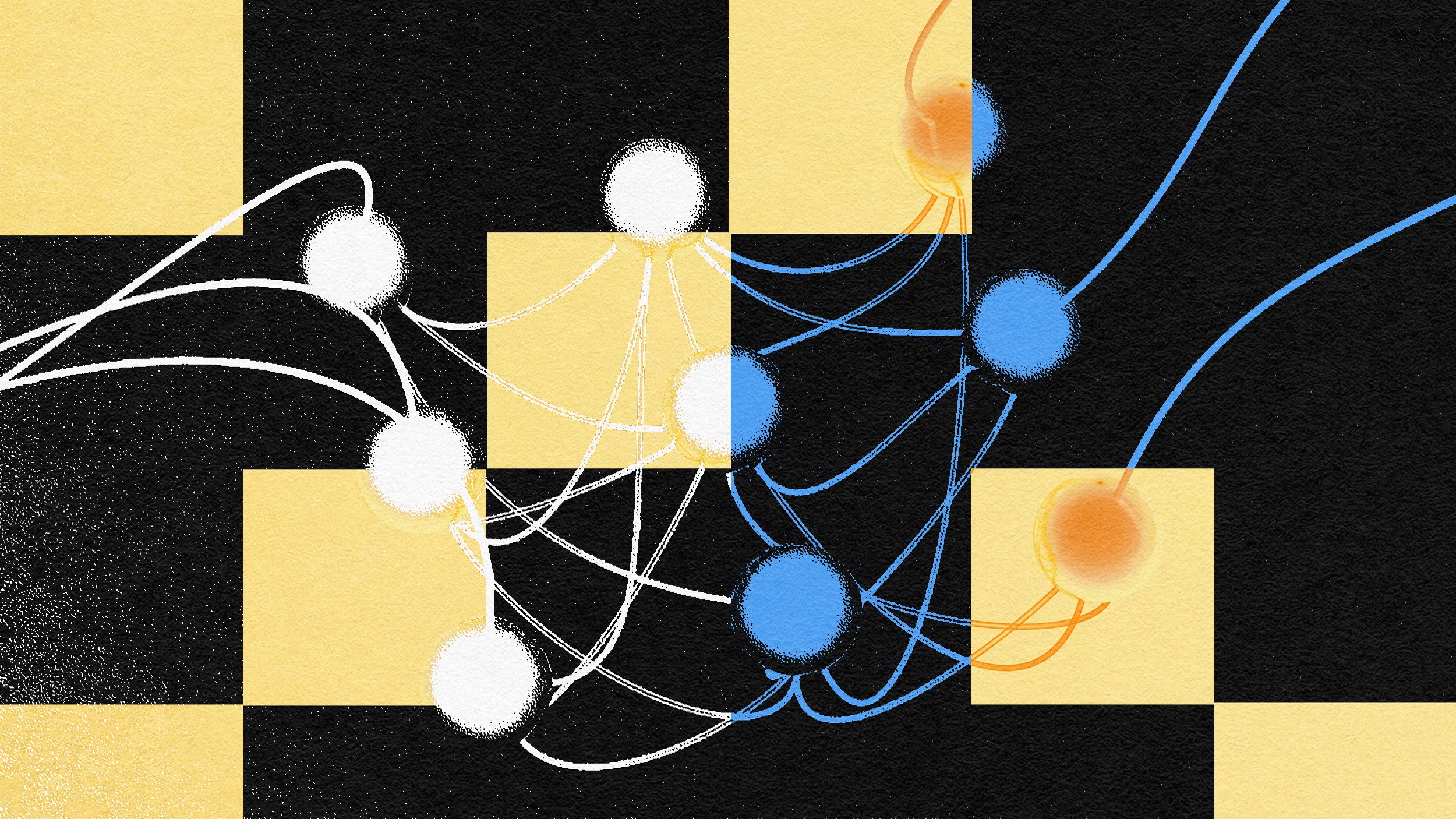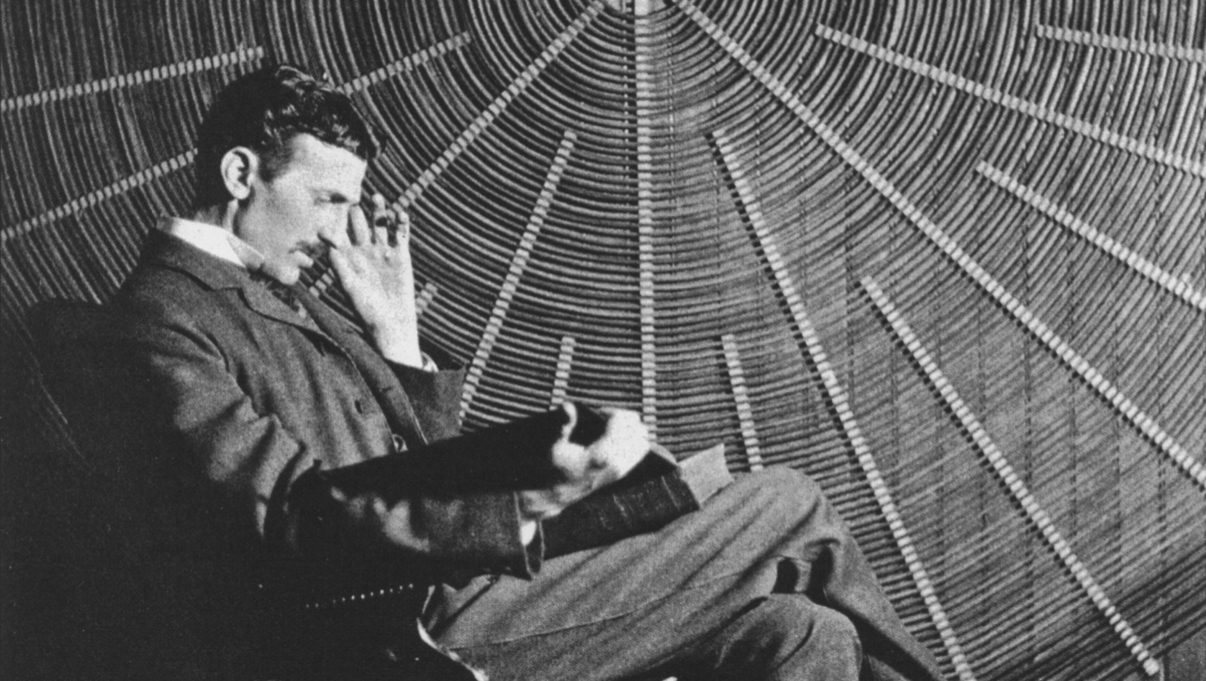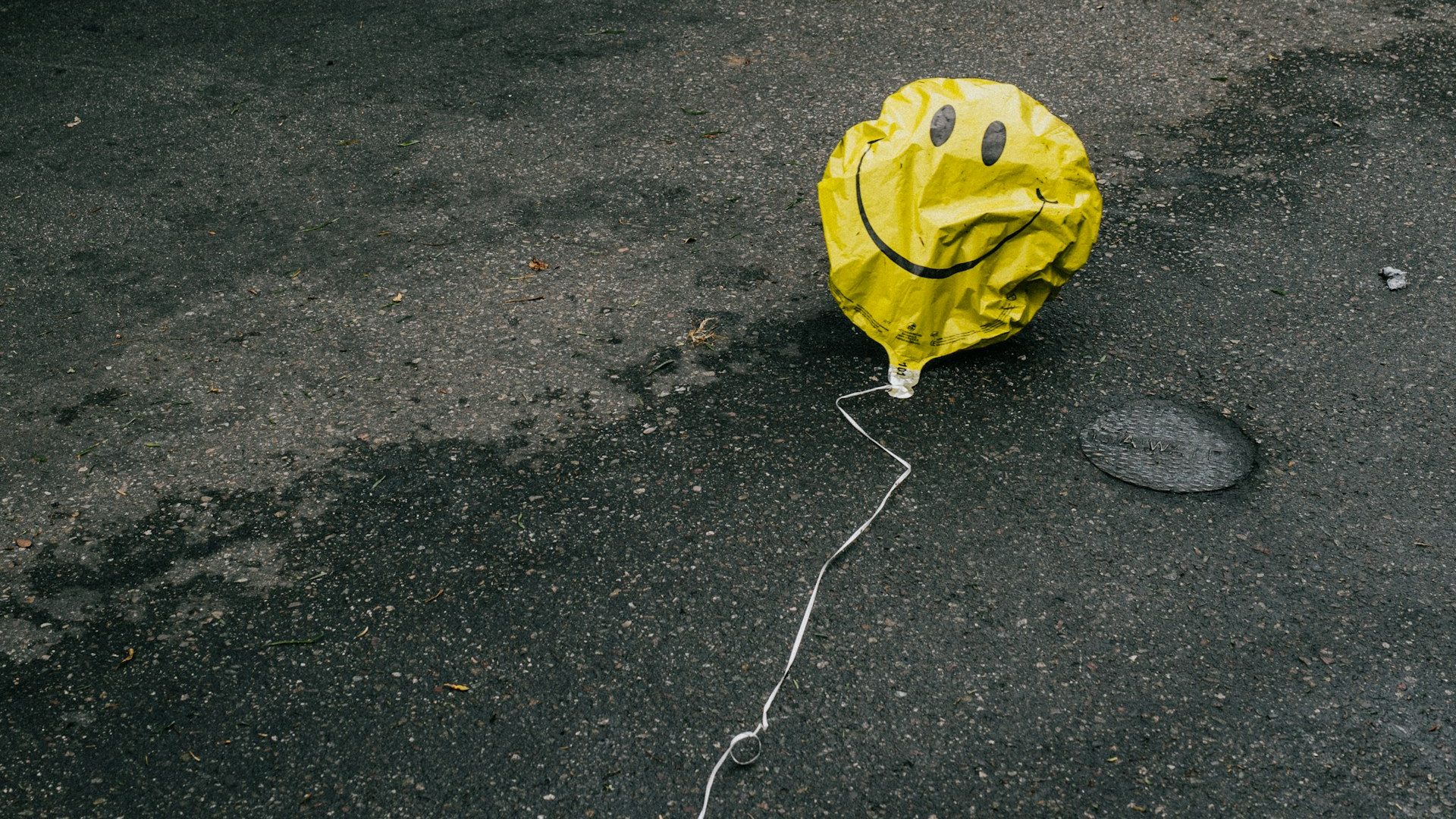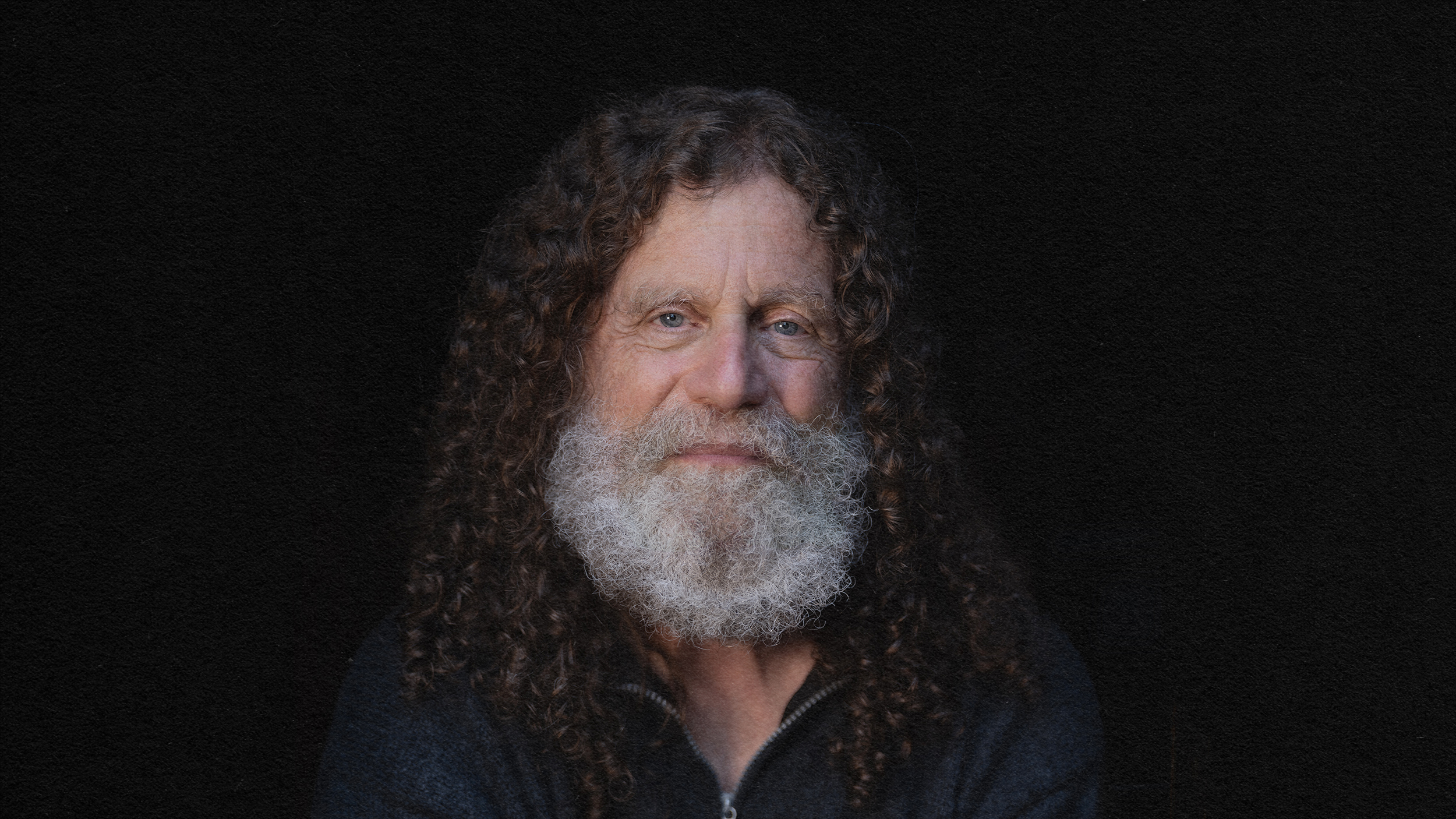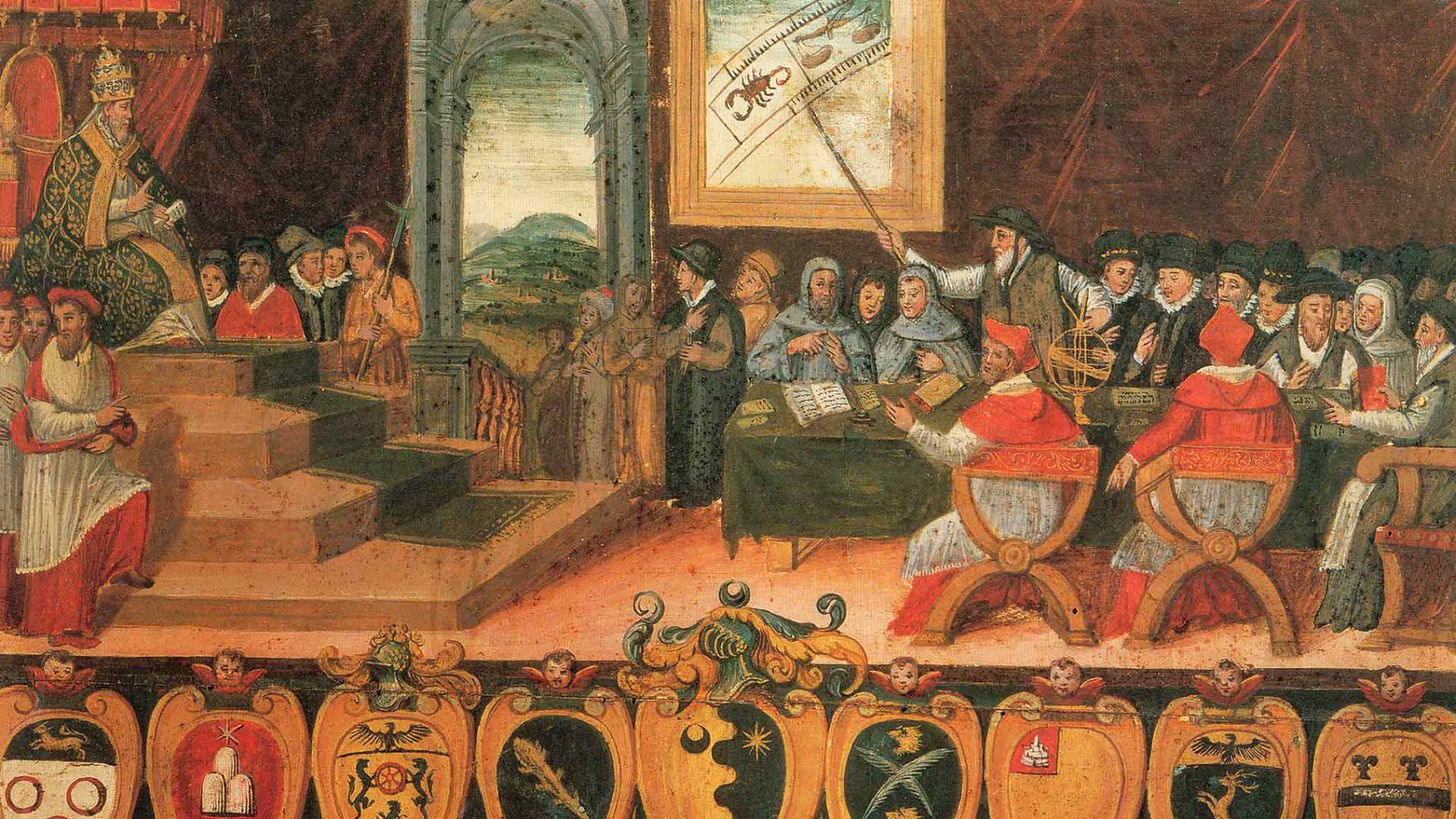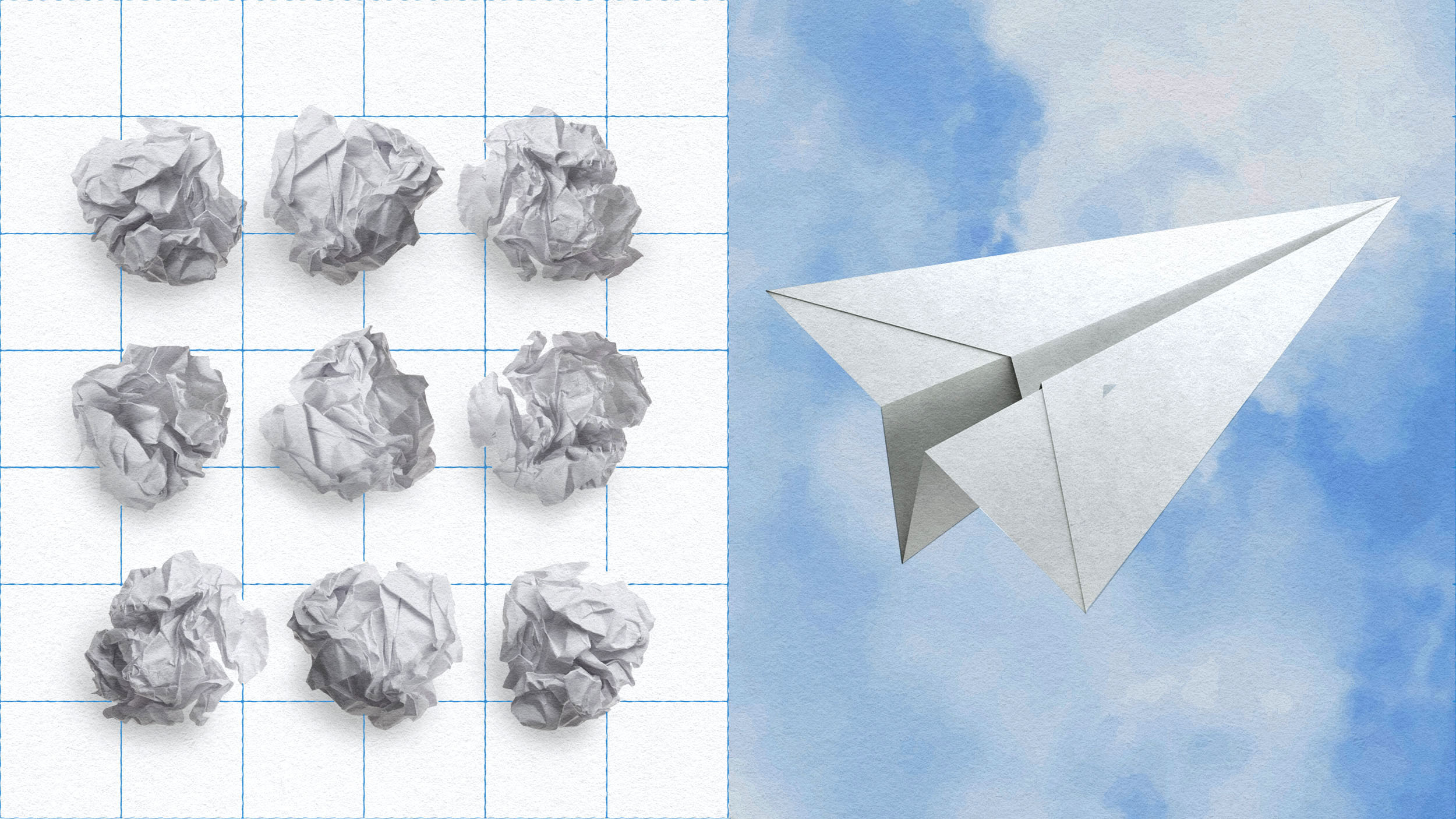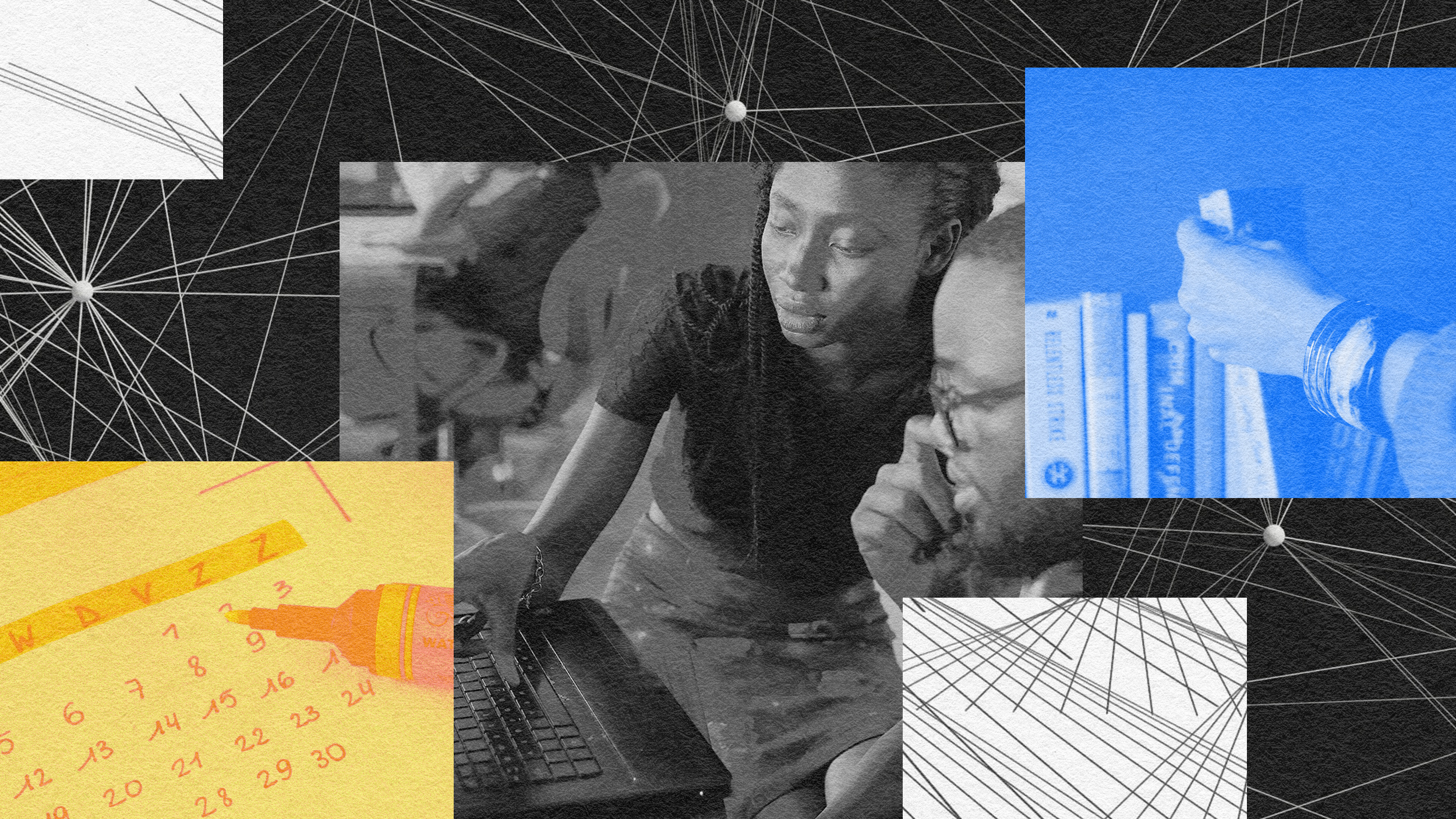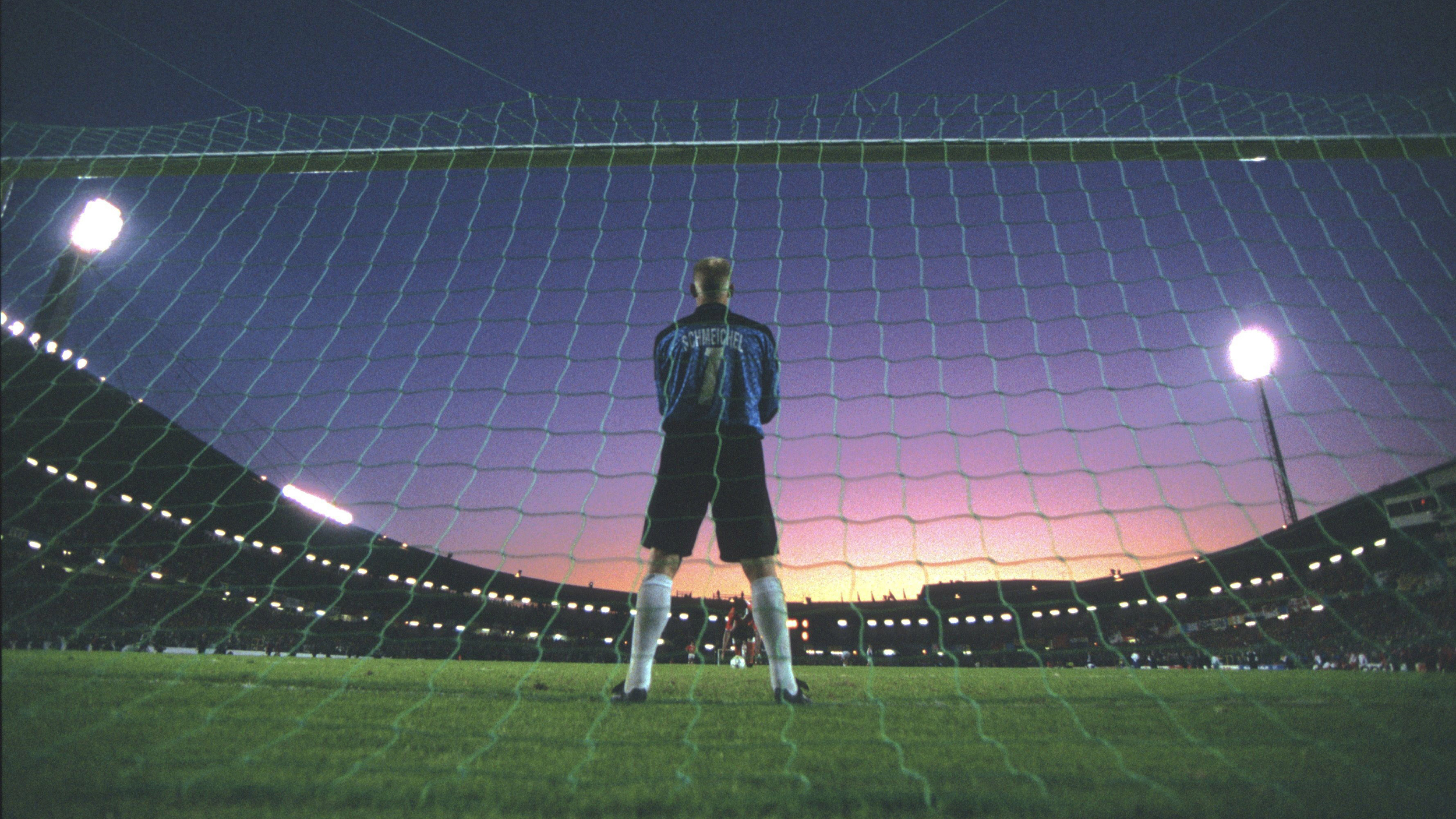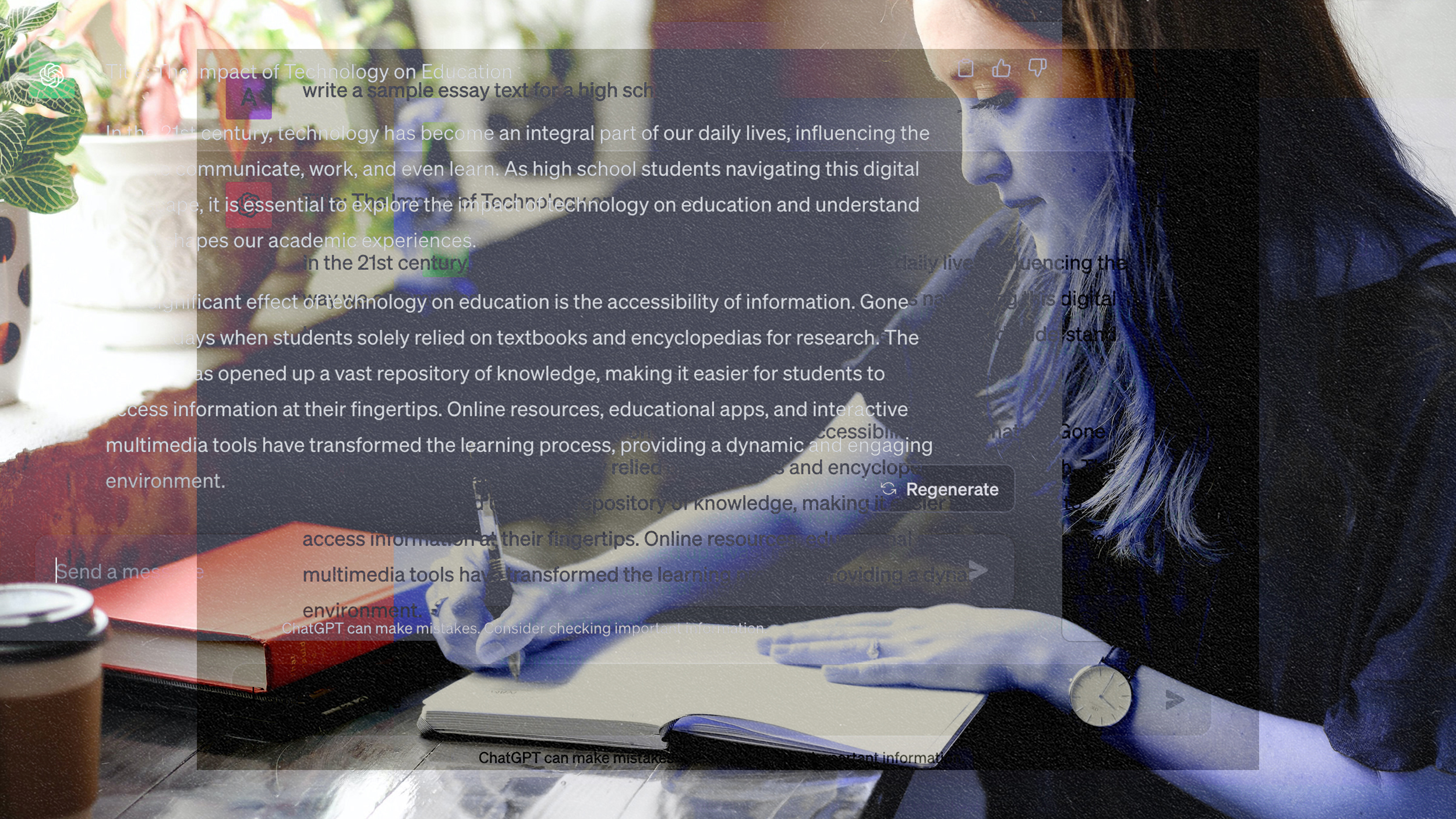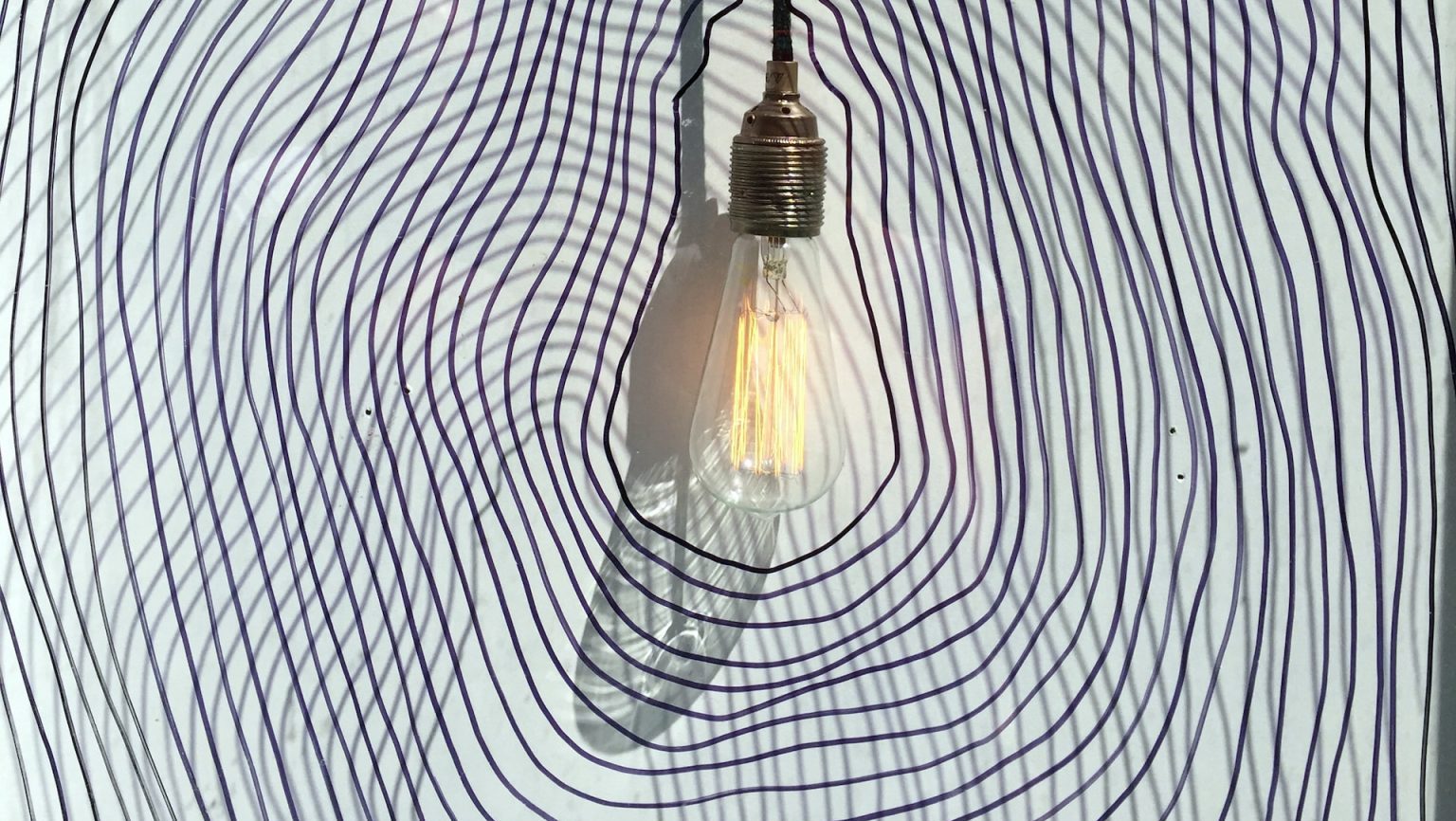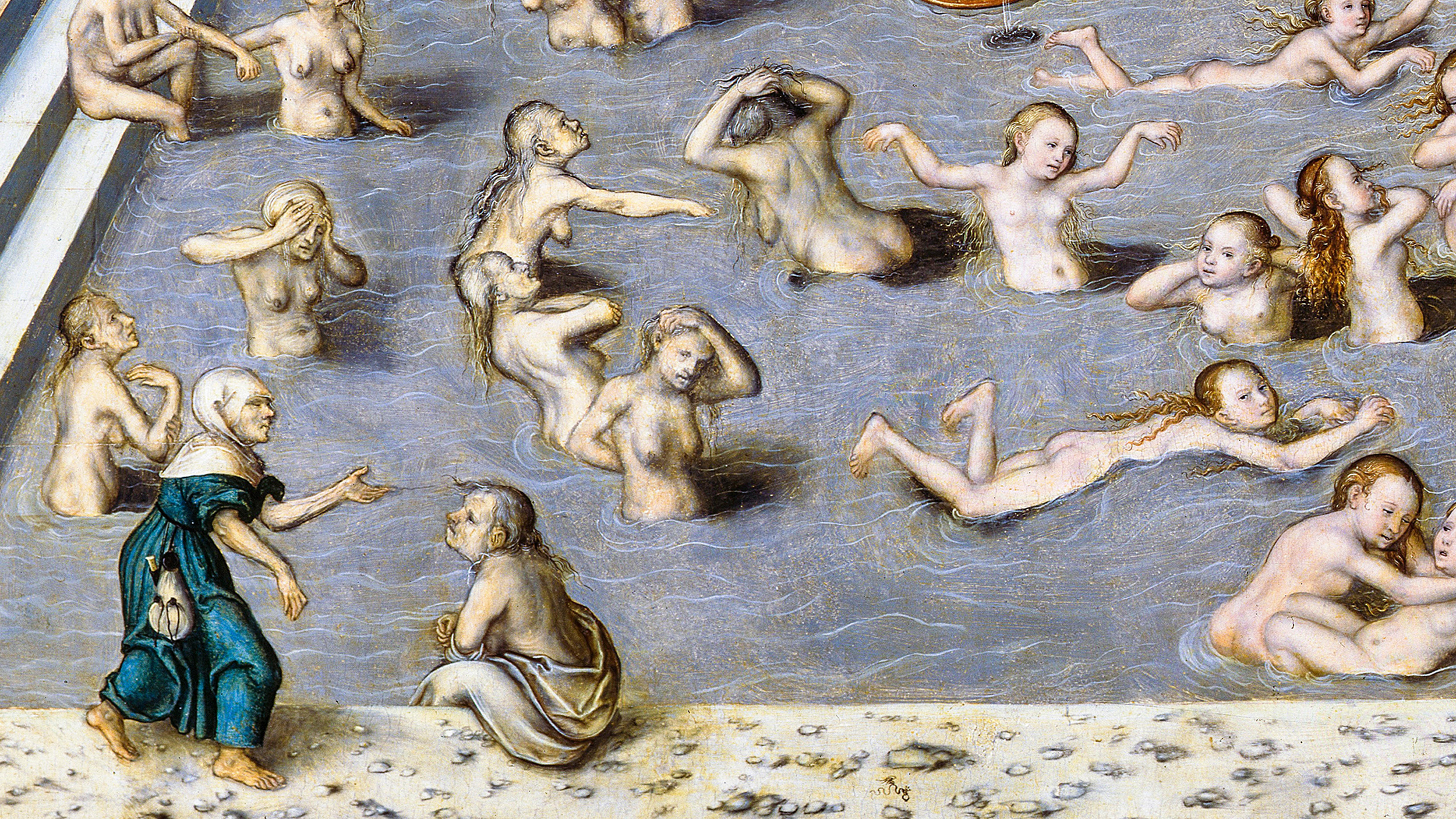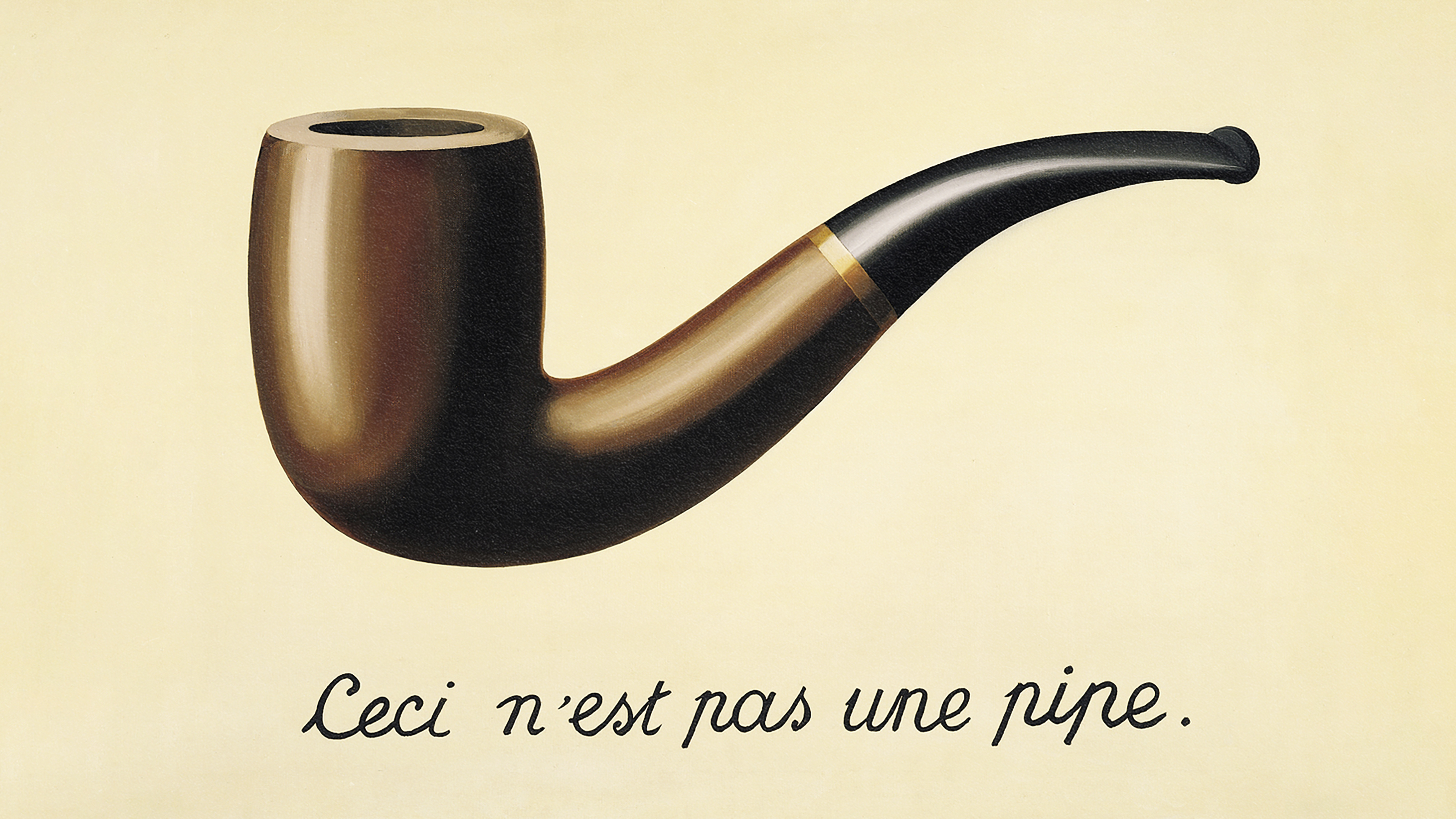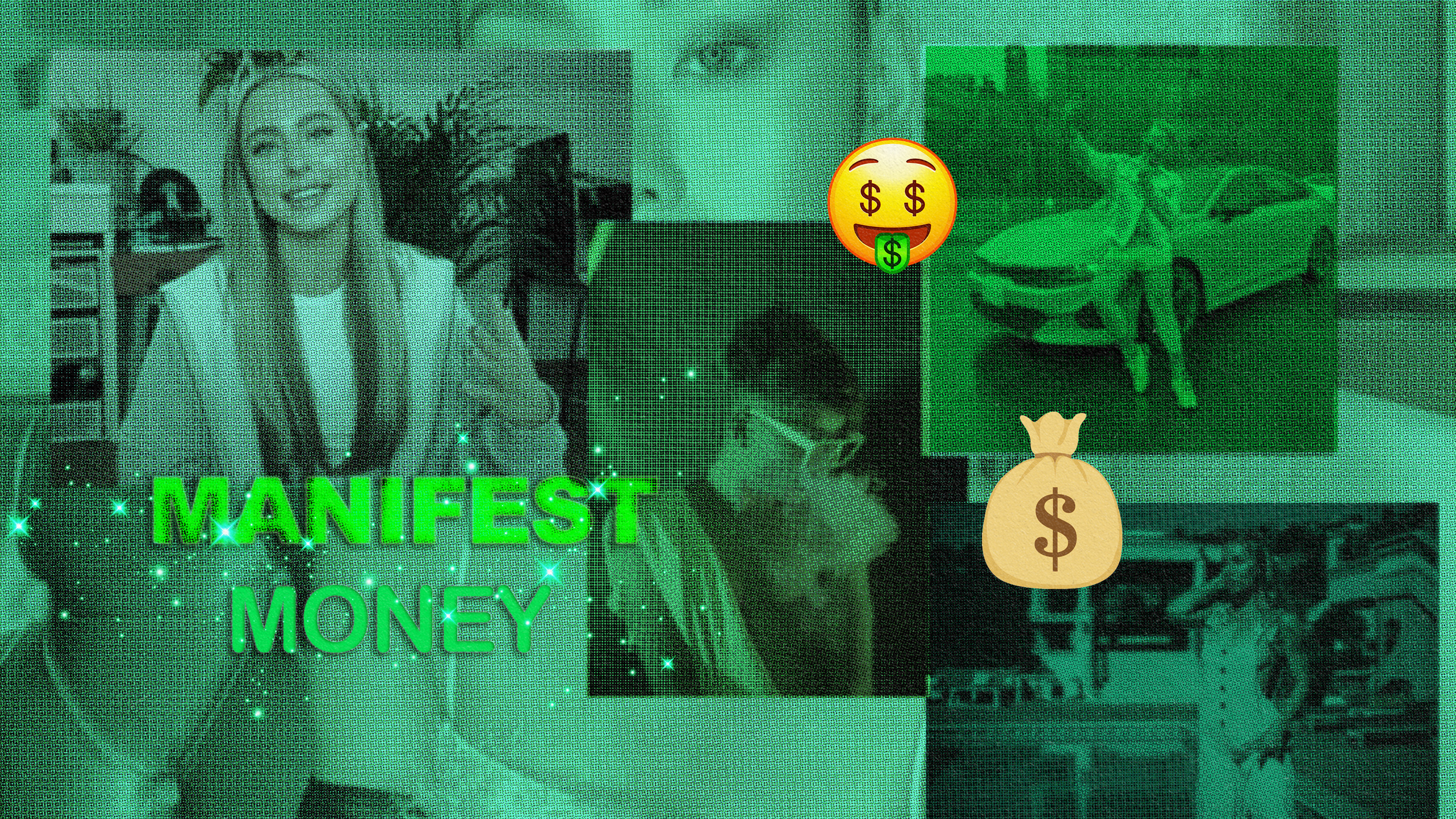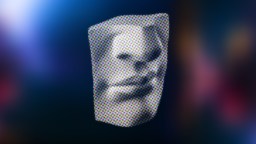critical thinking
Being bilingual benefits children as they learn to speak — and adults as they age.
Police forces are choosing humans over algorithms to make some identifications.
A simple dice game shines a bit of light on the psychology of regret.
Here’s how belief in a higher power can act like a psychological safety net.
What Shark Tank pitches, Sundance films, and unusual sandwiches show us about our choices.
AI is both a tool and a catalyst — and the key to successful integration is to rewrite your rule book and tinker.
Scientists are probing the head games that influence athletic performance, from coaching to coping with pressure.
“She understood me and I understood her. I loved that pigeon.”
How to juggle while walking a tightrope — at work.
Studies claiming to reveal strategies for feeling happy get a second look.
A volley of new insights reignites the debate over whether our choices are ever truly our own.
A sober look at a wild conspiracy theory that argues the Middle Ages never happened.
An effective strategic approach to unlocking and selecting truly innovative solutions.
When we prepare for our plans to go wrong, we build the foundations for lasting profit.
How to figure out the right amount of time for any project.
Your brain is not an obsolete piece of technology. Once properly trained for learning, it’s your ticket to navigating the AI landscape.
We often assume that movement means progress and that doing something is better than doing nothing. That is often not true.
Once students master the basics of math, they are allowed to use calculators. The same should be true of writing and ChatGPT.
Even if a leading theory of consciousness is wrong, it can still be useful to science.
Is immortality a tantalizing possibility or a philosophical paradox?
You are much more likely to die in a car crash than from terrorism. Yet, philosopher Eran Fish says fearing terrorism more is justified.
Step 1: Don’t solve the wrong problem.
Defamiliarization is a common tool in the arts. Here we learn how seeing things from a different angle can lead to billion-dollar success.
Could a theory from the science of perception help crack the mysteries of psychosis?
Talent wants to be free — but a safe company culture puts “the maze in the mouse” and shackles progress.
“Choose not to be harmed—and you won’t feel harmed,” advised Stoic philosopher-emperor Marcus Aurelius. He had a point.
Millennials — who were raised to expect unlimited success but found only disappointment — can be drawn to manifestation.
We can no longer approach the news as passive consumers.
The patron saint of calling BS, Harry Frankfurt, died watching his philosophy become more urgent than ever.
This two-time debate world champion gives three tips for constructing the perfect argument.
▸
1:13:43 min
—
with

